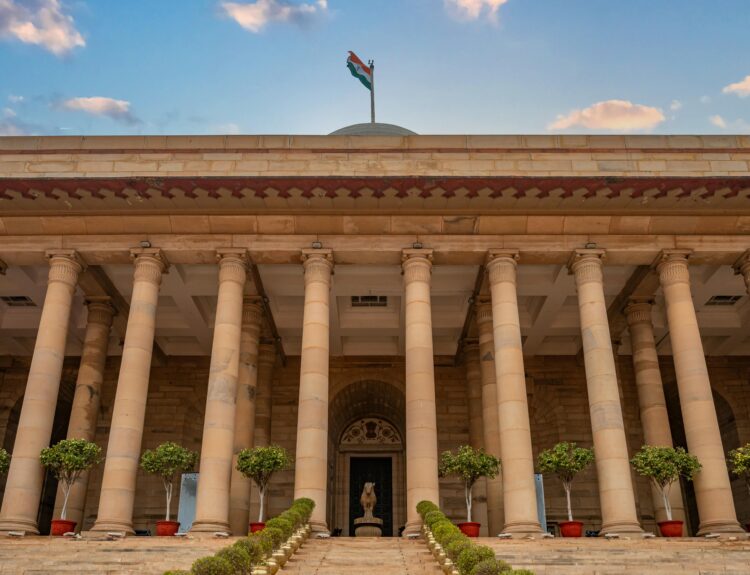Government-run lender State Bank of India (SBI) has urged the Supreme Court to extend the deadline for submitting details on the purchase of electoral bonds to the Election Commission of India (ECI) to June 30 — after the General Elections are held.
This comes after the Supreme Court struck down the electoral bond scheme on February 15. The scheme allowed donors to anonymously buy electoral bonds and send funds to a political party. The top court had directed state-owned SBI to stop issuing electoral bonds with immediate effect and share the records of electoral bonds issued in the past with the Election Commission of India (ECI).
SBI was told to submit the details of donations made to political parties through electoral bonds to ECI by March 6. SBI shall furnish bonds’ purchase details with the date of purchase, name of purchaser, and denomination, the order said.
In its plea to the apex court, the SBI says it “intends to comply in full, with the directions issued.” “However, there are certain practical difficulties with the decoding exercise and the timeline fixed for it due to the stringent measures undertaken to ensure that the identity of the donors was kept anonymous,” it says, adding that matching of the donor to the donations made would be a complex process.
SBI says the details of purchases of electoral bonds are not maintained centrally at any one place but in two different silos. “No central database was maintained. This was done so as to ensure that donors’ anonymity would be protected,” the lender says.
“Donor details were kept in a sealed cover at the designated branches and all such sealed covers were deposited in the main branch of the applicant bank, which is located in Mumbai,” it adds.
“Each political party was required to maintain a designated account in any of the 29 authorised branches. It was only in this account that electoral bonds received by that party could be deposited and redeemed. At the time of redemption, the original bond, the pay-in slip would be stored in a sealed cover and sent to the SBI Mumbai main branch,” the public sector lender says.
The top court in its order told the Election Commission of India to publish these details on its website by March 13, 2024.
The electoral bonds scheme has been criticised by rights groups for facilitating quid pro quo as corporates were able to secretly bankroll political parties under the scheme.
The Supreme Court held that the electoral bonds scheme due to its anonymous nature violates the right to information under Article 19(1)(a) of the Constitution. Electoral bonds were introduced through the Finance Act, 2017 by amending the Companies Act, the Income Tax Act and the Representation of People Act. The court also held these amendments unconstitutional.
“The ability of a company to influence the electoral process through political contributions is much higher when compared to that of an individual,” the top court said in its order.
“A company has a much graver influence in the political process, both in terms of the quantum of money contributed to political parties and the purpose of making such contributions. Contributions made by individuals have a degree of support or affiliation to a political association. However, contributions made by companies are purely business transactions made with the intent of securing benefits in return,” the order noted.
Also checkout – CAA Implemented – Is the Disinformation Corrected? Everything Simplified






